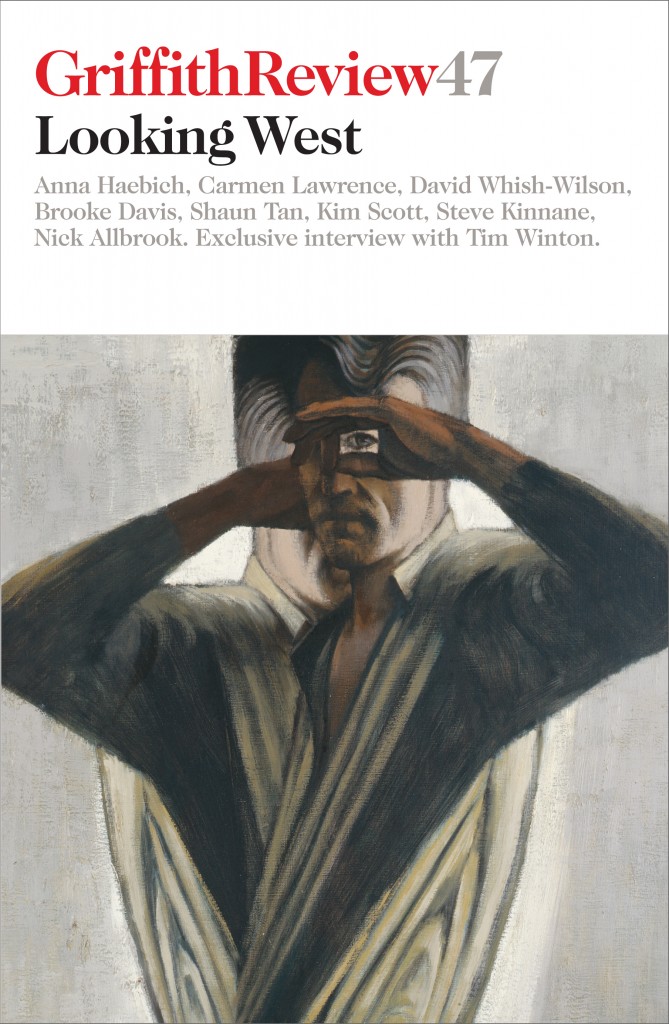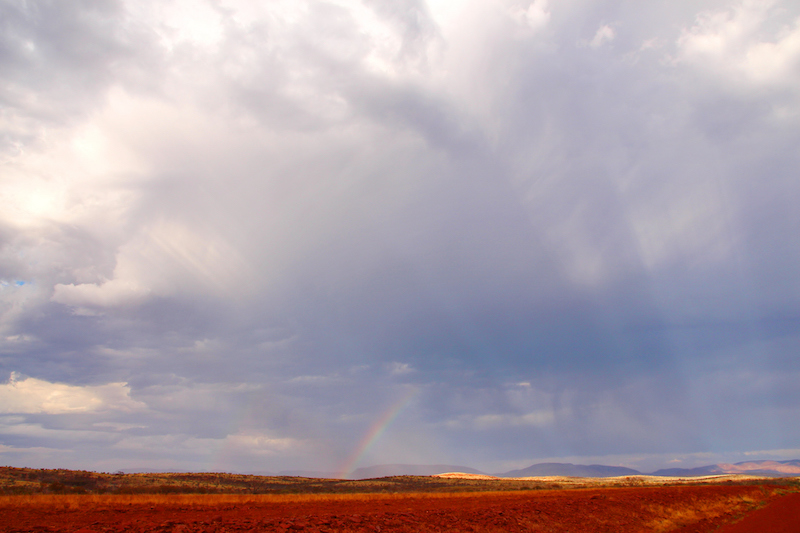Featured in

- Published 20150203
- ISBN: 9781922182678
- Extent: 264 pp
- Paperback (234 x 153mm), eBook

Already a subscriber? Sign in here
If you are an educator or student wishing to access content for study purposes please contact us at griffithreview@griffith.edu.au
Share article
About the author

Judy Harrison
Judy Harrison is a lawyer, senior lecturer at ANU and consultant whose experience includes Aboriginal justice issues, coalition building and social movements.
More from this edition

Might be rainbows
MemoirON THE SOUTH-WEST boundary of Uluru-Kata Tjuta National Park, in the centre of Australia, an unmarked red-dirt track turns left off the Lasseter Highway. For the few kilometres still within park lines it’s known as Docker River Road. Beyond that point it becomes Tjukaruru Road, leading to Western Australia through Aboriginal freehold land. In 2006, as a member of the park staff, I occasionally had to go down Docker River Road for work. From the park boundary I would stare into the seemingly untouched red landscape, both delighting and recoiling at the expanse of land ahead. I had never ventured any further.

Calcutta
MemoirI’M PERCHED ON the western edge of Australia, looking out on the buoyant and impressive Indian Ocean. The vista, if I turn back towards...

Grow up with your country
GR OnlineTHE SIREN CALL ‘Go West, young man’ has a long history in Australia, Canada and the United States. In 1865 Horace Greeley, editor of...